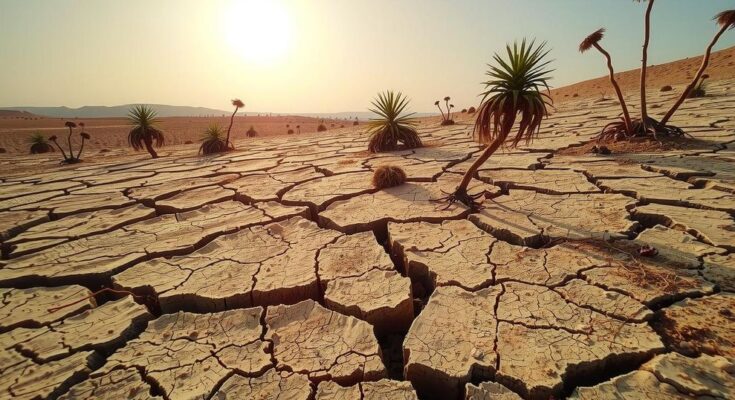Women and girls in South Sudan are facing increased health risks and greater inequality due to climate change-induced heatwaves, with recent studies indicating such extreme weather is significantly worsened by human activities. The findings highlight the urgent need for improved infrastructure and systemic changes to address heightened vulnerabilities.
Recent research indicates that women and girls in South Sudan are disproportionately affected by unprecedented heatwaves exacerbated by climate change. The findings, published by the World Weather Attribution (WWA) group preceding International Women’s Day, reveal that last month’s heatwave was approximately ten times more likely due to human activities and an increase of 2 degrees Celsius.With the closure of schools in Juba due to heat-related health crises, these extreme temperatures disrupt education, particularly for girls, who often face difficulties returning to school after such interruptions. The lack of proper infrastructure, like air conditioning in schools with iron roofs, contributes to the exacerbated learning environment under extreme heat.
The evidence presented demonstrates that climate change is significantly impacting the health and education of women and girls in South Sudan, escalating existing gender inequalities. Urgent actions, such as improving infrastructure and addressing emissions, are necessary to mitigate the severe effects of extreme heat. Global cooperation to reduce fossil fuel dependency and vulnerabilities associated with social inequities is crucial for safeguarding the future of women in regions like South Sudan.
Original Source: www.climatechangenews.com




